There was something menacing yet vaguely absurd about the Tuesday memorial service held to commemorate the life and fascist times of the prominent ultra-nationalist Daria Dugina, the daughter of the Kremlin propagandist Aleksandr. The 29 year old Daria Dugina, who died in a car explosion on August 20, was put on display in an open coffin, with guards wearing black and red armbands by her side. The sombre attendees filed past. In attendance were Duma deputy and the far-right clown Leonid Slutsky, best known for having been accused of sexual harassment, Dmitry Kiselyov, who has long promised to turn America into a nuclear wasteland, and even the former thief and ‘Putin’s chef’ Yevgeny Prigozhin who proudly showed off his ‘Hero of Russia’ star, awarded for who knows what hideous exploits.
Dugin made a short speech, in which he claimed that among the first words he had taught to his daughter were ‘our empire’. I believe him. Dugin had become well known for his unabashed advocacy of Russian imperialism and far-right nationalism underpinned by faux religiosity. He was one of the key organisers of the militant ‘Russian marches’ and had Daria thoroughly brain-washed from a young age. A photo from a 2008 ‘imperial march’ shows her, then still a child, in a crowd of black-clad, fist-extending ‘patriots’, shouting in desperate exaltation. This was before she became a journalist, applying her anger and her imperialistic convictions to the justification of Putin’s criminal war in Ukraine.
Putin did not turn up for the memorial service, but his presence was felt. He posthumously awarded Dugina ‘The Order of Bravery,’ praising her ‘patriotism.’ Slutsky subserviently summed up the message in his brief remarks at the memorial service: ‘One Country. One President. One Victory.’
It is unclear who killed Dugina and why. Russia’s notorious Federal Security Service (FSB) pinned the blame on one Natalia Vovk who allegedly carried out the assassination on the orders of Ukrainian intelligence. Kyiv denies any involvement. Given the FSB’s proven record of lies and obfuscations and direct involvement in state terrorism (like the poisoning of the Russian opposition leader Alexei Navalny) only the most gullible would believe everything the spy agency says.
But whoever was the perpetrator, Dugina’s assassination is already being exploited by state propaganda, even as the Russian public grows weary of Putin’s failed blitzkrieg in Ukraine. Russia is becoming poorer, more isolated, and more authoritarian by the day. There is no great enthusiasm for the war effort, even though few dare to openly criticise the regime in case they are imprisoned. Putin knows this. He understands the need to stimulate patriotic fervour. It’s a tried and tested method. The September 1999 apartment bombings in Buynaksk, Moscow and Volgodonsk – variously attributed to the Chechens and to the FSB – helped carry Putin to the presidency. There is a self-evident need for martyrs.
Dugina has become a martyr for an idea. ‘She died for the people,’ Dugin said, his Orthodox beard shaking with evident emotion. ‘She died for Russia. She died at the frontline. And this frontline is here. Not there. Here. In every one of us.’ The proceedings of the memorial service, held in the Ostankino Tower, the symbolic centre of the State media empire, were broadcast to audiences around Russia to instil fear and hatred of Ukraine and to remind the Russian audiences that, unless Kyiv is crushed, Russia could again succumb to the machinations of an unseen but very dangerous foe. Can’t you see, Russians were told: they are already blowing up cars in Moscow.
The day after Dugina’s memorial service, the Russian police arrested Yevgeny Royzman, the immensely popular former mayor of Ekaterinburg, and the only vocal opponent of Putin’s regime who still remains free. Although probably not directly connected, Dugina’s beatification and Royzman’s arrest are part of a broader pattern of Russia’s quickening dissent into the depths of war and tyranny.
Dugina lies in coffin, unperturbed. Dugin and his ilk march ahead in deepening darkness. Russians look on in silence.
Got something to add? Join the discussion and comment below.
Get 10 issues for just $10
Subscribe to The Spectator Australia today for the next 10 magazine issues, plus full online access, for just $10.

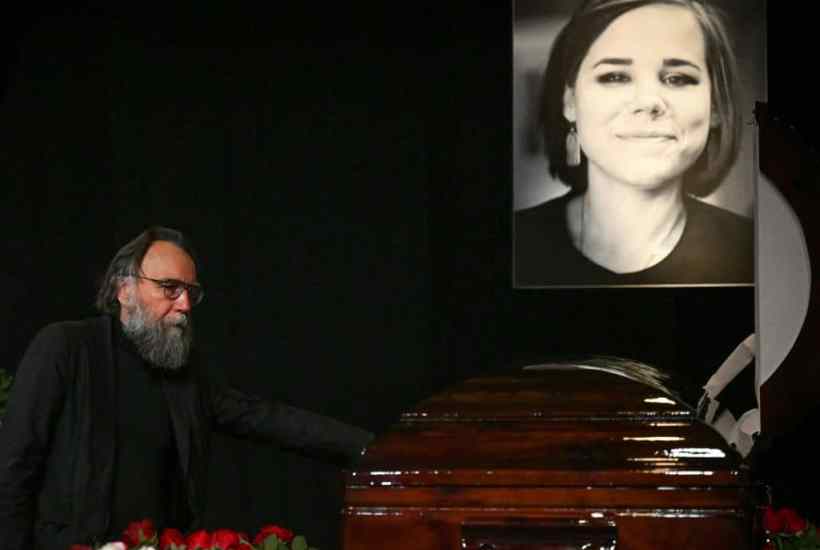
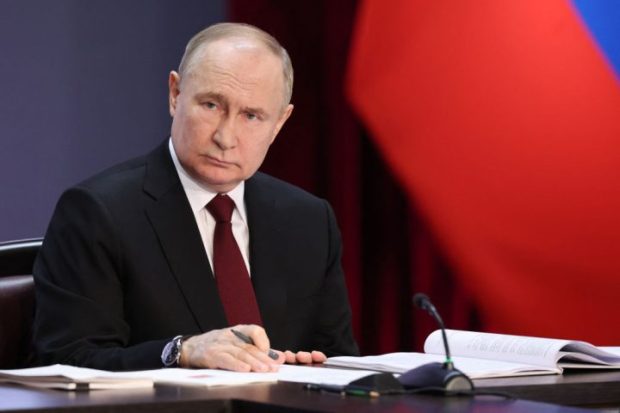
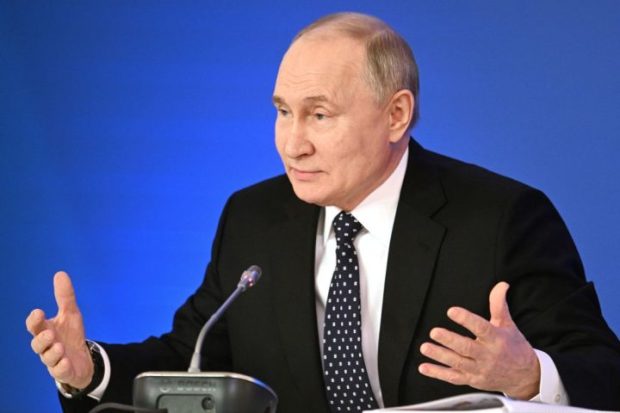
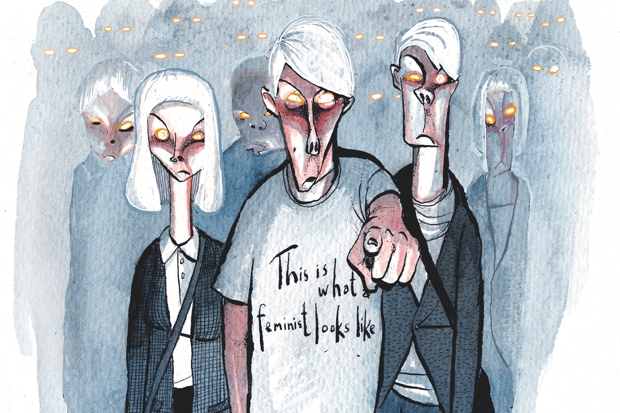
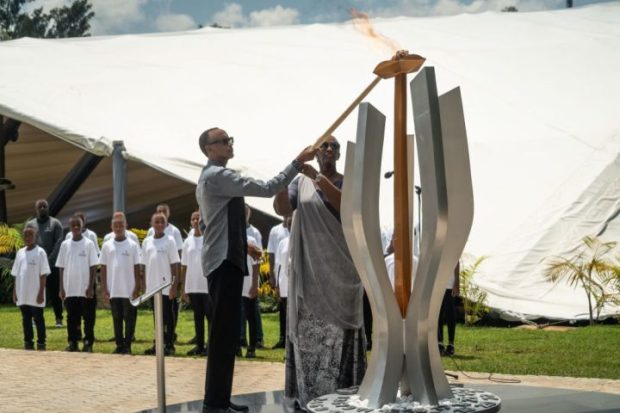
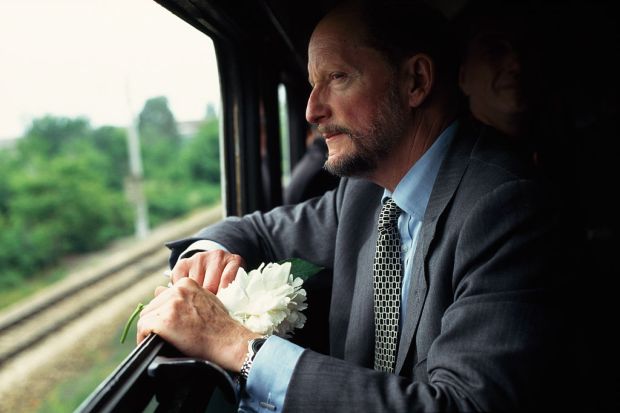
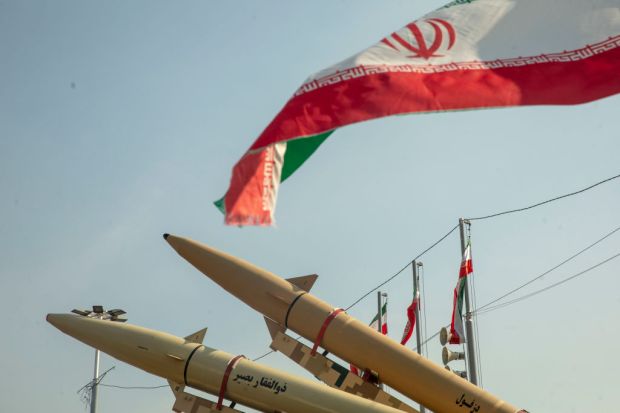












Comments
Don't miss out
Join the conversation with other Spectator Australia readers. Subscribe to leave a comment.
SUBSCRIBEAlready a subscriber? Log in